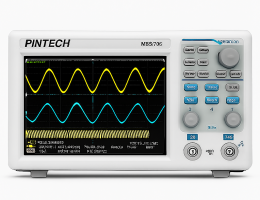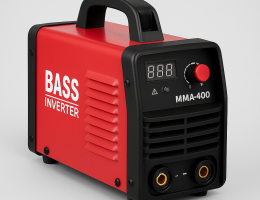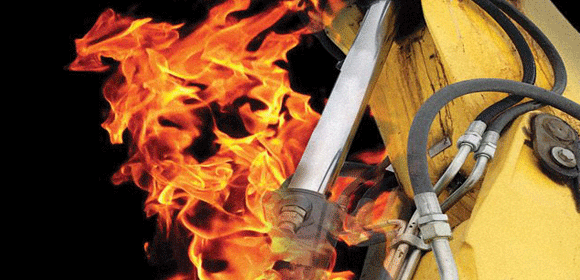Heavy polyethylene PE100, also known as HDPE PE100 or PE 100, is a type of high-density polyethylene (HDPE) specifically designed for high-pressure applications. It’s not a single material but a designation for a group of HDPE grades exceeding a minimum required strength (MRS) of 10.0 MPa (1450 psi).
Here’s a deeper dive into the characteristics, applications, and advantages of PE100:
Key Characteristics of PE100:
- High Strength: The defining characteristic of PE100 is its exceptional strength. It surpasses regular HDPE in terms of its ability to withstand pressure without deformation or rupture. This makes it ideal for applications involving high internal pressure, such as pipes for water and gas distribution.
- Durability: PE100 is known for its long-lasting performance. It exhibits good resistance to creep, a phenomenon where a material slowly deforms under constant stress. This ensures reliable performance of PE100 products over extended periods.
- Corrosion Resistance: PE100 is naturally resistant to corrosion from most chemicals, including acids, bases, and salts. This eliminates the risk of rust or degradation due to environmental factors, contributing to its long lifespan.
- Flexibility: While known for its strength, PE100 also possesses a degree of flexibility. This allows for some bending and movement without compromising its integrity, making it easier to install pipes in various configurations.
- Lightweight: Compared to traditional materials like metal, PE100 is significantly lighter. This translates to easier handling, transportation, and installation during construction projects.
Applications of PE100:
The exceptional strength, durability, and corrosion resistance of PE100 make it a highly sought-after material for various applications, particularly:
- Pressure Pipes: The primary application of PE100 is in the manufacturing of pipes for:
- Potable water distribution: Widely used for delivering clean drinking water due to its hygiene and safety.
- Gas distribution: Can safely transport natural gas and other gaseous fuels.
- Sewage and drainage systems: Resistant to corrosion from wastewater and can handle the pressure associated with these systems.
- Industrial piping: Used in various industrial applications for transporting liquids and gases.
- Other Applications: Beyond pipes, PE100 can be used for:
- Geomembranes: Liners for landfills and containment ponds due to its excellent chemical resistance and durability.
- Cable protection ducts: Protects electrical cables underground from damage and corrosion.
- Chemical storage tanks: Can be used for storing certain chemicals due to its good chemical resistance.
Advantages of PE100:
- High Strength and Pressure Resistance: Can withstand high internal pressure, making it ideal for demanding applications.
- Durability and Long Lifespan: Provides reliable performance for extended periods with minimal maintenance.
- Corrosion Resistance: Resists corrosion from various chemicals, ensuring long-lasting integrity.
- Flexibility: Offers some flexibility for easier installation compared to rigid materials.
- Lightweight: Easier to handle, transport, and install compared to heavier materials like metal.
- Cost-Effective: Offers good value for money due to its long lifespan and low maintenance requirements.
- Environmentally Friendly: Production and use of PE100 generally have a lower environmental impact compared to some alternative materials. Additionally, it’s recyclable, further reducing environmental footprint.
Things to Consider:
- Temperature Resistance: While suitable for most applications, PE100 has a lower melting point compared to some engineering plastics.
- Grade Selection: Within the PE100 designation, there are various grades with slightly different properties. Choosing the right grade depends on the specific application and pressure requirements.
In Conclusion:
Heavy polyethylene PE100 is a robust and versatile material known for its exceptional strength, durability, and corrosion resistance. It plays a vital role in modern infrastructure, particularly in pressure pipe applications for water, gas, and other fluids. Its lightweight nature, flexibility, and cost-effectiveness make it a compelling choice for various construction and industrial needs.




